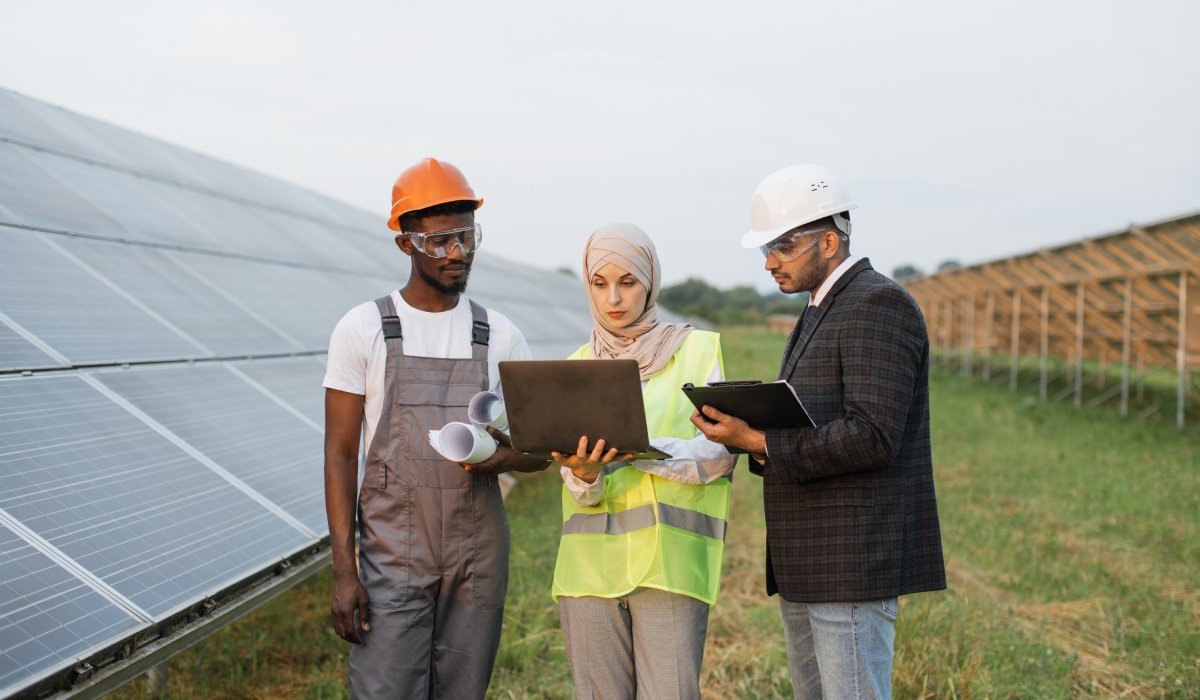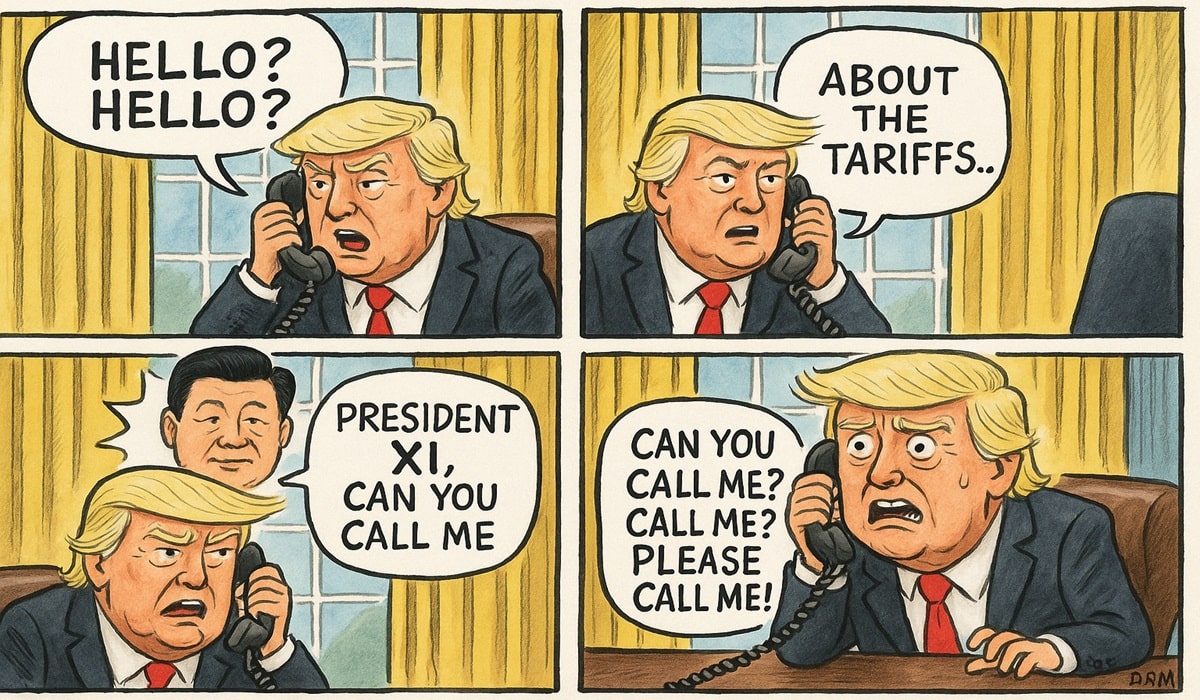Modernization Without Chains: Why Africa Rejects Westernization in Favor of True Development
- Kingston Bailey
- D.O.C Supplements - Trending News
- Africa
- Asia
- East Asia
- March 5, 2025

Image Credit, Jean van der Meulen
Africa is modernizing on its own terms, and that does not mean Westernization. For decades, the Western narrative has treated development as synonymous with adopting Western ideals, values, and economic systems. But Africa’s modernization is proving otherwise. Across the continent, countries are rapidly building infrastructure, expanding industries, and integrating technology without submitting to the West’s economic and ideological dictates. There is a reason African nations are increasingly choosing China as a development partner: it is about a relationship built on mutual benefit rather than coercion.
For too long, Western engagement with Africa has been characterized by conditionality, often imposed under the guise of aid and loans that come with strings attached. Structural adjustment programs from the World Bank and IMF devastated African economies in the 1980s and 1990s, forcing privatization, deregulation, and cuts to essential services in exchange for financial lifelines. Western countries continue to use sanctions as a tool of economic warfare against African nations that refuse to align with their geopolitical interests. If a country dares to pursue an independent path—whether in trade, defense, or foreign policy—it risks being strong-armed through diplomatic isolation, asset freezes, or military intervention. The West calls it “promoting democracy,” but in reality, it is about maintaining control.
China, on the other hand, does not demand political compliance in exchange for investment. Its approach is built on infrastructure development, industrialization, and trade expansion without prescribing ideological changes. African governments recognize the difference: a Western partnership often comes with paternalistic lectures about governance and human rights, while a Chinese partnership comes with roads, bridges, railways, and power plants. From the Nairobi Expressway in Kenya to Ethiopia’s electrified railway linking Addis Ababa to Djibouti, China’s Belt and Road Initiative (BRI) has transformed African economies at a speed that Western donors have never matched. The China-funded African Union headquarters in Addis Ababa is a symbol of this engagement—pragmatic, efficient, and results-driven.
Critics argue that China’s investments create debt traps, but African leaders are not naïve. They understand that debt is a tool, not a trap, when used strategically. The West conveniently ignores its own history of saddling African nations with unsustainable debt through financial institutions they control. The difference is that China’s approach is based on negotiation rather than imposition. Instead of pushing economic policies that serve Western corporate interests, China provides infrastructure that enhances Africa’s self-sufficiency. Instead of dictating political allegiance, China offers economic alternatives that do not come at the cost of sovereignty.
Western governments claim to support African development, yet their actions say otherwise. When African nations seek to develop their own industries, Western countries block access to markets through tariffs and trade restrictions. When African nations attempt to secure their own resources, Western-backed companies manipulate contracts to maintain control. And when African nations refuse to fall in line, threats of military intervention or regime change mysteriously follow. Libya’s destruction in 2011 serves as a grim reminder of what happens when an African country tries to assert independence outside the Western framework.
China’s presence in Africa is not without its challenges, but its fundamental difference is that it does not seek to dictate Africa’s future. African countries are choosing China not because they want to reject modernization but because they want modernization on their own terms—without coercion, without threats, and without economic blackmail disguised as assistance. The West had centuries to engage with Africa on equal footing and chose exploitation instead. Now, Africa is choosing partnerships that respect sovereignty, prioritize tangible development, and offer a future built on mutual gain, not forced allegiance.








